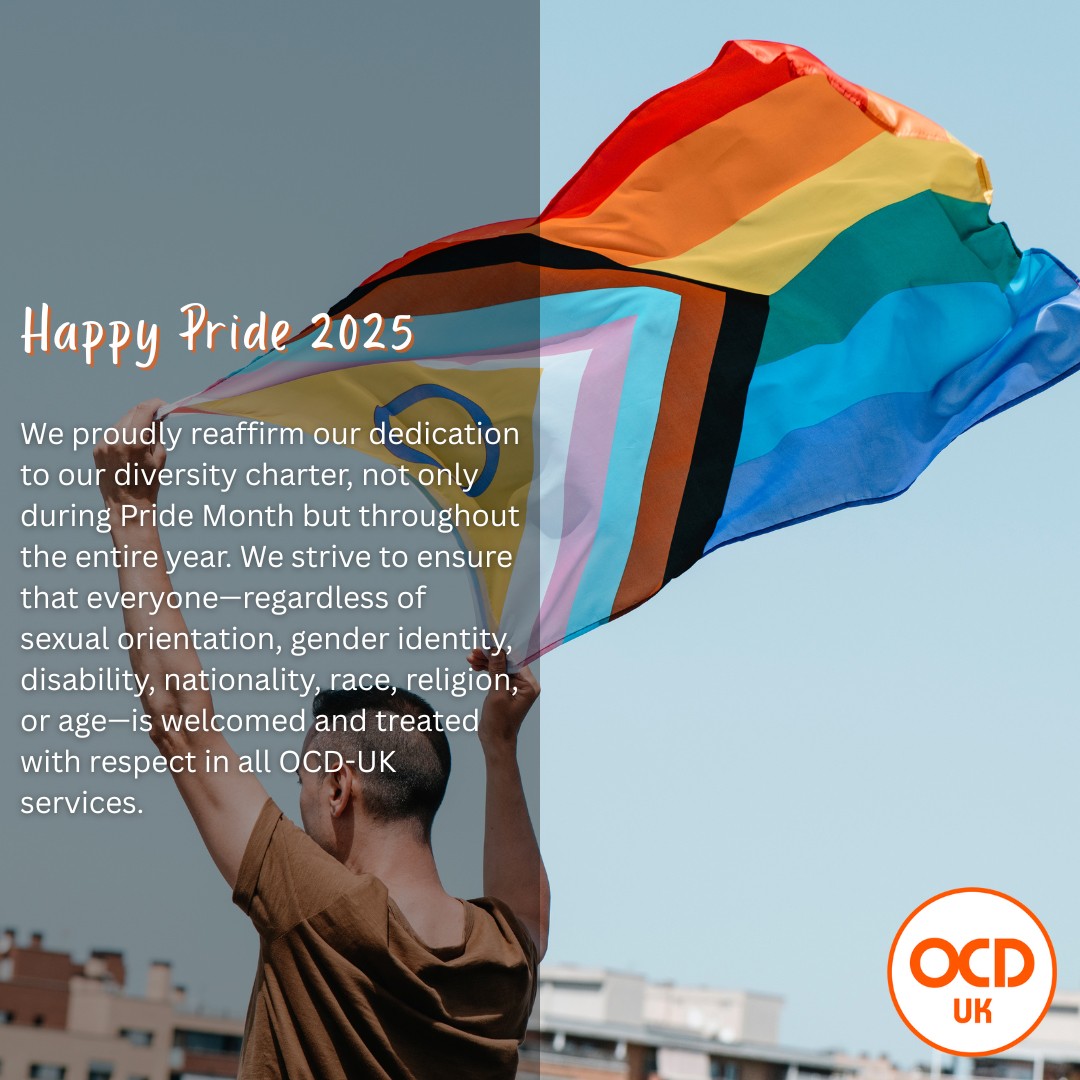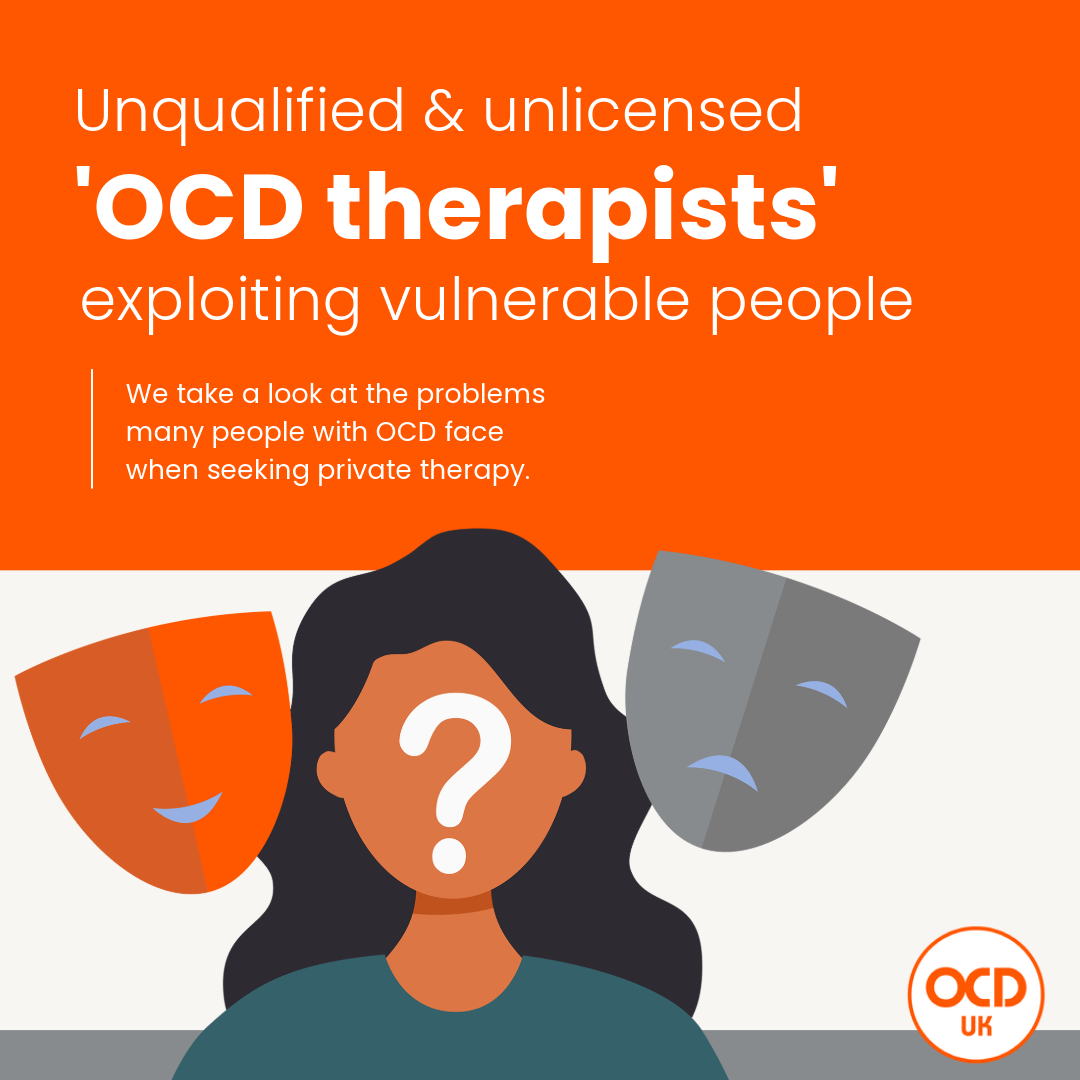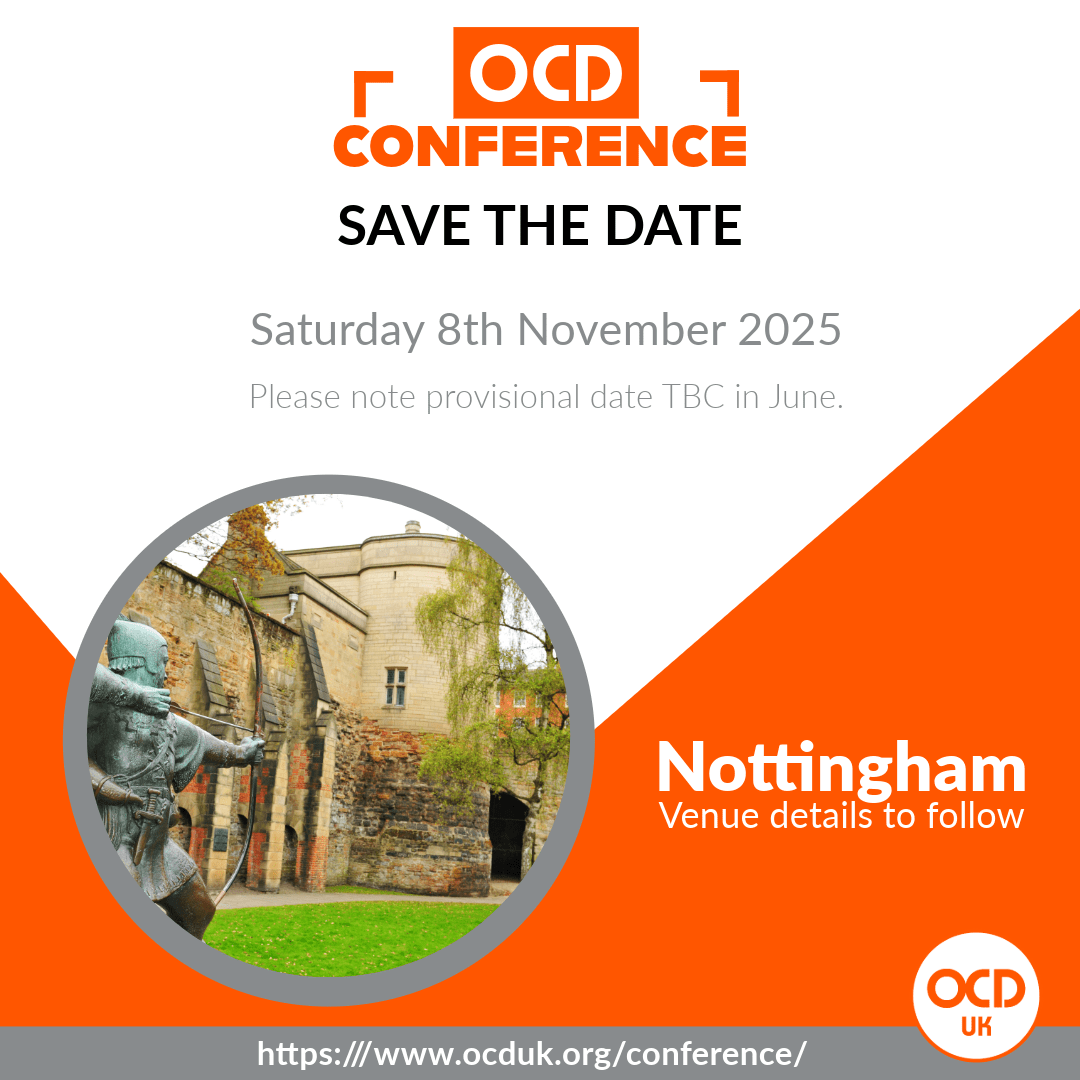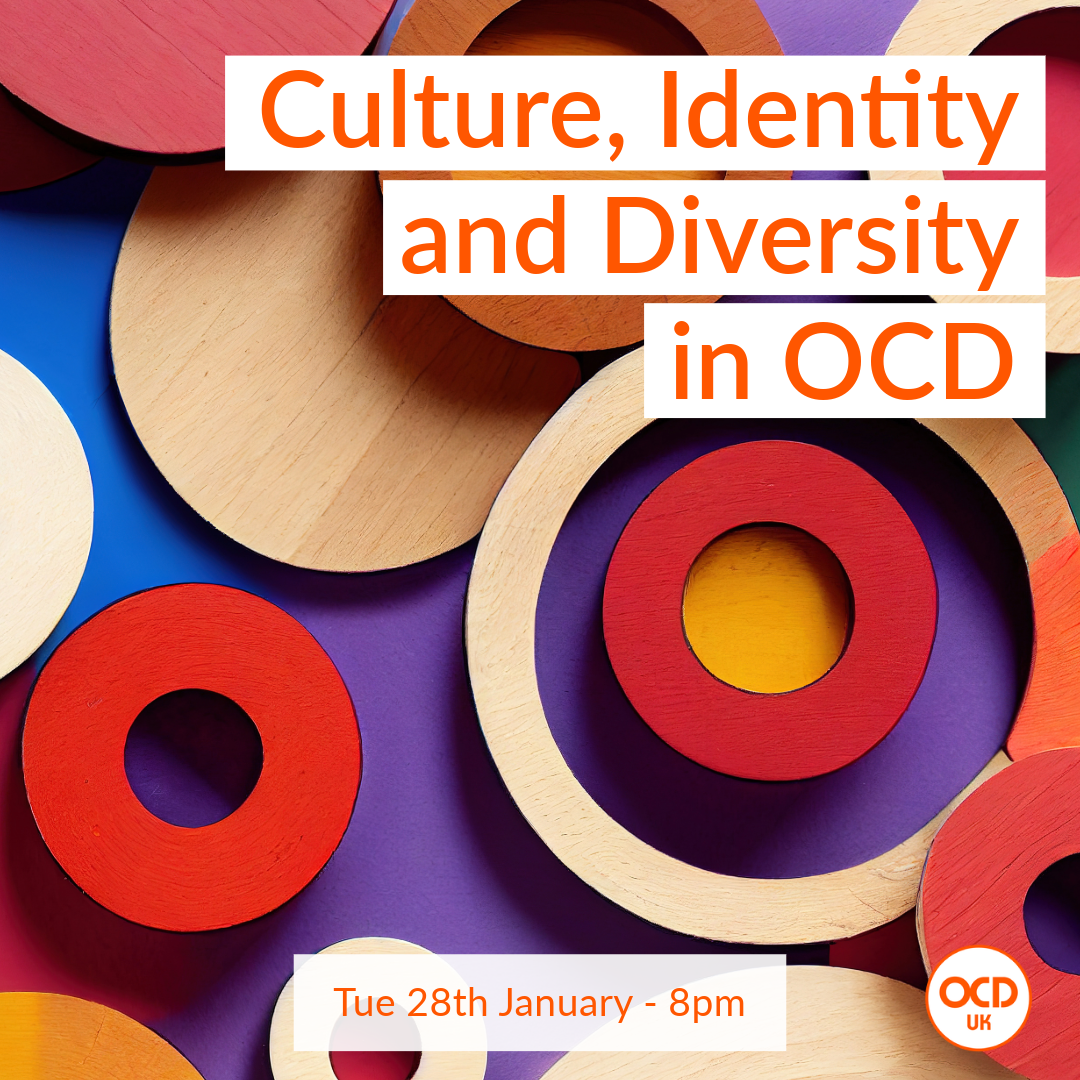OCDUKYA Anna
OCDUKYA Anna has shared with us her thoughts and feelings towards stereotyping OCD. Thank you, Anna!
Stereotypes can be extremely damaging to sufferers of OCD, as it creates a version of OCD which is often very different to the reality. Stereotypes create the idea that OCD is not a disabling mental illness, but a personality trait where the individual enjoys things being clean and tidy. This means that the illness is often misunderstood, and belittled.
Stereotypes create the idea that OCD is not a disabling mental illness, but a personality trait where the individual enjoys things being clean and tidy. This means that the illness is often misunderstood, and belittled.Anna
Different forms of OCD are very rarely shown. Many people are not aware that these forms exist. Personally, my OCD started in the religious subtype, at the time I did not know what was happening to me and was unaware I was suffering from OCD. This meant I didn’t tell anyone, I believed it wasn’t a problem, and allowed my condition to become more severe and fester which in turn made it harder to treat. The stereotype that OCD only exists in the form of cleaning means many people go untreated for long periods of times and resist telling anyone as they feel as though they are the only ones who feel this way.
We also see OCD portrayed as a good thing. In the words of Khloe Kardashian “you say OCD is a disease, but I say it’s a blessing”. TV shows like ‘Obsessive Compulsive Cleaners™’ show OCD as a beneficial character trait and claims that people who have OCD choose to behave the way they do and enjoy it. This couldn’t be farther from the truth, as no one who knows what OCD is really like would ever want to have it. Compulsions are not a choice but a need, I never felt in control or like I could decide what I wanted to do. Compulsions are never fun either, they absorb time and take over your life. They are tedious, exceptionally boring and some can even be dangerous.
It can be very frustrating to see someone making light of the illness that can ruin your life. People use OCD as an adjective, and say they colour inside the lines because they ‘are so OCD’. People joking about the thing that causes you pain increases your feeling of isolation, as you believe that no one else would understand or accept you.
Seeing stereotypes around OCD increases intolerance, as it allows people to become ignorant. If they see someone with real OCD, they will ask them to ‘just stop’ or ‘get over themselves’ which can make already vulnerable people feel even more alone than they already do, and increases the struggle sufferers face in trying to be heard.
OCD is an incredibly difficult disease to live with, and stereotypes make it even harder to get help and be listened to. I believe that if we removed stereotypes from our society people with mental health illness in general would feel more validated, and there would be less discrimination and prejudice against them. We need to ensure that OCD is only ever portrayed in its reality, and we can do this by raising awareness and fighting back against stereotypes.
Please complete our short, anonymous feedback form about Anna's post
Share this Post























